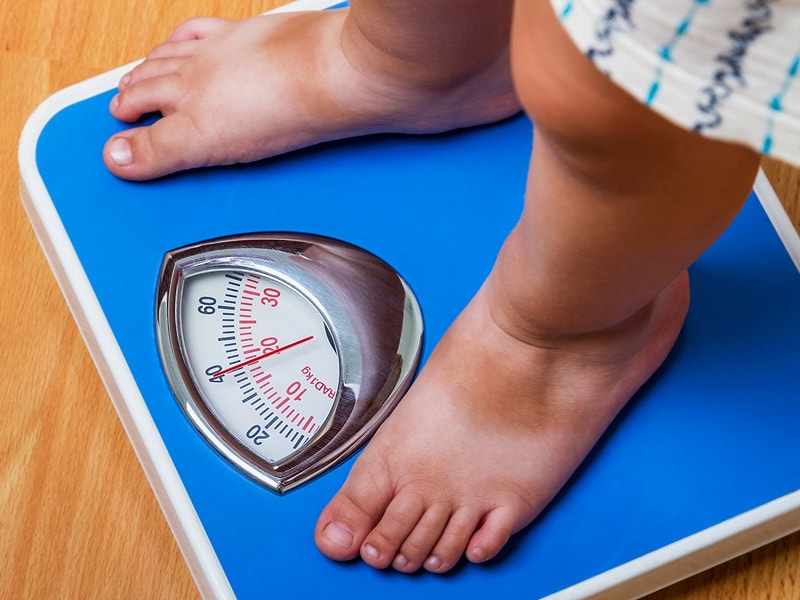Health Centers > Obesity and Weight Management Health Center > Weight Loss. Weight Loss Products
Weight Loss. Weight Loss Products
Healthy dieting and weight loss tip #1: Avoid common pitfalls
It' s always tempting to look for short cuts but fad diets or "quick-fix" pills and plans only set you up for failure because:
You feel deprived. Diets that cut out entire groups of food, such as carbs or fat, are simply impractical, not to mention unhealthy. The key is moderation.
You lose weight, but can' t keep it off. Diets that severely cut calories, restrict certain foods, or rely on ready-made meals might work in the short term but don' t include a plan for maintaining your weight, so the pounds quickly come back.
After your diet, you seem to put on weight more quickly. When you drastically restrict your food intake, your metabolism will temporarily slow down. Once you start eating normally, you' ll gain weight until your metabolism bounces back.
You break your diet and feel too discouraged to try again. When diets make you feel deprived, it' s easy to fall off the wagon. Healthy eating is about the big picture. An occasional splurge won' t kill your efforts.
You feel lost when dining out. If the food served isn' t on your specific diet plan, what can you do?
The person on the commercial lost 30 lbs. in two months - and you haven' t. Diet companies make a lot of grandiose promises, and most are simply unrealistic.
Healthy dieting and weight loss tip #2: Put a stop to emotional eating
We don' t always eat simply to satisfy hunger. If we did, no one would be overweight. All too often, we turn to food for comfort and stress relief. When this happens, we frequently pack on pounds.
Do you reach for a snack while watching TV? Do you eat when you' re stressed or bored? When you' re lonely? Or to reward yourself? Recognizing your emotional eating triggers can make all the difference in your weight loss efforts:
If you eat when you' re stressed, find healthier ways to calm yourself. Try exercise, yoga, meditation, or soaking in a hot bath.
If you eat when you' re feeling low on energy, find other mid-afternoon pick-me-ups. Try walking around the block, listening to energizing music, or taking a short nap.
If you eat when you' re lonely or bored, reach out to others instead of reaching for the refrigerator. Call a friend who makes you laugh, take your dog for a walk, or go out in public (to the library, mall, or park - anywhere there' s people).
Healthy dieting and weight loss tip #3: Tune in when you eat
We live in a fast-paced world where eating has become mindless. We eat on the run, at our desk while we' re working, and in front of the TV screen. The result is that we consume much more than we need, often without realizing it.
Counter this tendency by practicing "mindful" eating: pay attention to what you eat, savor each bite, and choose foods that are both nourishing and enjoyable.
Mindful eating weight loss tips
Pay attention while you' re eating. Instead of chowing down mindlessly, savor the experience. Eat slowly, savoring the smells and textures of your food. If your mind wanders, gently return your attention to your food and how it tastes and feels in your mouth.
Avoid distractions while eating. Try not to eat while working, watching TV, or driving. It' s too easy to mindlessly overeat.
Try mixing things up to force yourself to focus on the experience of eating. Try using chopsticks rather than a fork, or use your utensils with your non-dominant hand.
Stop eating before you are full. It takes time for the signal to reach your brain that you' ve had enough. Avoid the temptation to clean your plate. Yes, there are children starving in Africa, but your weight gain won' t help them.
Weight Loss
Loss of weight
Weight loss - intentional
Weight loss - unintentional
Age and weight loss
Exercise and weight loss
Weight Loss. Just the FAQs.
Weight Cycling
Weight Loss Diet
Very Low-Calorie Diets
Low Fat Diets
How to Read Food Labels
Controlling How Much You Eat
Liposuction
Losing Weight for the Long-Term
Weight loss may raise fracture risk in older men
Stimulation of duodenum might aid weight loss
Weight Loss... Are you overweight?
Weight loss reduces risk for gout
Dairy may not help weight loss much after all
Antidepressants don't affect post-birth weight loss
FTC sees drop in ads with false weight-loss claims
Limiting carbs results in greater weight loss
For a while, fen-phen was the talk of the weight-loss world
Weight loss often precedes onset of dementia
Ephedra-free weight-loss aids may also carry risks
Low-fat diet safe for weight loss by diabetics
Antidepressant Effective For Weight Loss In Women
What about weight-for-height tables?


